Pictured: ODOT Fair Miles Oklahoma Study
Task Force Presents Alternatives to Fuel Tax
Oklahoma’s fuel tax of 20 cents per gallon is one of the lowest in the country – only four other states have a lower tax. The average state fuel tax in the United States is 37.55 cents per gallon. California has the highest tax rate at 62.9 cents. A federal fuel tax of 18.4 cents per gallon for gas and 24.4 for diesel is paid in addition to the state’s fuel tax. Oklahoma’s fuel tax generates nearly $600 million for state roads.
Fuel tax revenues are declining nationwide due to the increased fuel efficiency of vehicles and the transition to electric vehicles or other alternative energy sources. It is predicted that funding from fuel taxes for roads could be cut in half by the year 2040. To maintain funding for roads, Oklahoma is one of many states exploring a PPM alternative to replace the current fuel tax model. This would include the future collection of user fees by charging drivers based on the miles they drive instead of the number of gallons of fuel they purchase. There are 19 other states that have completed similar studies and some of those are implementing PPM programs.
In 2015, Oklahoma joined the Western Road User Charge Consortium (RUC West – now RUC America), a 20-
member transportation consortium of western states working together to share best practices, ideas and information on PPM concepts and conduct pilot studies. Oklahoma’s Secretary of Transportation, Tim Gatz, currently serves as the consortium’s Chair.
Oklahoma’s 15-member Road User Charge Task Force was created to oversee the Fair Miles Project. The total cost of the study was estimated at $3.9 million, with ODOT paying half the cost and the remainder paid by a matching federal alternative transportation grant.
A significant part of the project was to conduct a voluntary pilot program to test how PPM might be implemented in Oklahoma. Study participants reported their monthly mileage over a six-month period. Registration began in February 2023 and 445 Oklahomans drove and logged more than 1 million miles. About 40% of participants lived in rural areas, nearly 80% were turnpike PIKEPASS customers, 12% were members of a Tribal Nation, and nearly 8% lived in households below the poverty line. Participants registered a wide variety of vehicles including 38 different vehicle makes, 20 electric vehicles, and 17 hybrid vehicles. The vehicles had varying fuel efficiency levels ranging from older cars with 8 mpg to electric and hybrid vehicles with more than 40 mpg. The average miles-per-gallon of participant vehicles was 22.35 mpg.
The pilot project participants began reporting their monthly mileage beginning in May 2023. Participants reported their monthly mileage through a variety of methods, including submitting photographs of the odometer via an application, an automatic-reporting device attached to the vehicle, or internal GPS vehicle technology similar to OnStar. Each participant received a mock invoice with a simulated charge for the miles driven and they provided feedback to ODOT.
The Task Force made a number of recommendations in its report to the legislature.
The Task Force recommends that ODOT enhance its educational efforts to provide information to the driving public on the impact of declining transportation revenues, the various funding streams that support the transportation systems in Oklahoma, the inflationary increases associated with the ongoing cost of maintaining Oklahoma’s infrastructure, and the impact of this critical infrastructure on improving state commerce and our quality of life. This educational campaign would also educate Oklahomans on how a PPM program could be used as an alternative to motor fuel tax and demonstrate the opportunities for fairness in its application for transportation.
The report says alignment of revenues with public expectations and understanding of infrastructure needs is a critical interim step as Oklahoma discusses and develops long term prospects for generating future transportation infrastructure investment resources. The Task Force recommends that Oklahoma explore steps to fully dedicate vehicle revenues to Oklahoma’s state, county and local roads and bridges, transitioning away from General Revenues where possible.
While it may be cost prohibitive to implement a full-scale PPM fee structure at this time, the Task Force recommends that legislation be introduced during the 2025 session to develop and implement a voluntary PPM program in Oklahoma. This is intended to assist with technology development and further familiarize Oklahomans with this fuel tax replacement option.
Waiting until 2025 to introduce legislation will allow time for a public engagement and education process that help passage of the proposal. Passage of the legislation in 2025, would provide adequate time for additional public engagement and to create the necessary system parameters and requisite policies. The PPM program would not begin before January 1, 2027.
The Task Force recommends that the voluntary PPM program utilize a tiered rate schedule based on vehicle weight, which could allocate fees based on impact to infrastructure. Heavier vehicles result in more wear and greater infrastructure maintenance needs than light duty vehicles and would pay a higher cost per-mile to accommodate that impact.
The State of Oklahoma should pursue any federal funding available for the implementation of an active, voluntary PPM program, and the utilization of available technology and processes to maintain efficiency to ensure the successful collection and allocation of PPM revenue under the law. The voluntary PPM program should be flexible with indexing opportunities and scalability to address current and future funding needs for transportation.
The task force also suggested interim options to assist in providing a bridge to maintain transportation funding in Oklahoma with current road user taxes and fees until a permanent replacement for fuel tax revenues is determined and enacted. State individual income tax collections are currently utilized to supplement motor vehicle taxes/fees and the motor fuel tax to reach the annual Rebuilding Oklahoma Access and Driver Safety (ROADS) Fund’s statutory allocation. An option to address this would be to utilize vehicle related state sales tax collections in place of income tax resulting in fully funding the ROADS Fund with road user taxes and fees.
One significant concern expressed by the Task Force with replacing the motor fuel tax is the cost-to-collect. The current process of collecting the motor fuel tax is extremely efficient. Preliminary estimates suggest that it costs about $1.75 million annually to collect the motor fuel tax from a small number of wholesale fuel vendors in the state. Given that Oklahoma collects nearly $600 million in fuel taxes per year, this equates to a cost-to-collect of approximately 0.3¢ per dollar collected.
The task force acknowledged that implementing a PPM program would require the introduction of a new set of processes to collect from individual users of the system. It would involve the development and deployment of technology, the management of extensive data, and the processing and handling of revenue. Preliminary estimates from this project and from PPM pilots around the nation suggest that the cost-to-collect would range from 6.4¢ to 27.3¢ per dollar collected.
The Oklahoma Turnpike Authority (OTA), which has the most centerline miles of any single toll operator in the U.S., and is closely integrated with ODOT, has a well-established back-office system that processes over 150 million toll transactions annually. The Task Force saw opportunities to leverage this existing system for data collection, data processing, and revenue collection for a PPM program in the future.
In response to the Task Force report, State Rep. Tom Gann (R-Inola) filed what he called “a pivotal bill aimed at safeguarding Oklahomans’ freedom and privacy.” Gann has major concerns about the “‘Road User Charge” proposal. “Under their Orwellian proposed plan, Oklahomans would be monitored on every mile they drive, and pay a tax for each of these miles,” Gann said. He said he believes this could lead to excessive government control over personal travel and play, and that he is echoing the worries that many citizens have expressed. He sees the proposal as unfairly penalizing motorists, especially those in rural areas of the state who do not have alternative options for commuting.
“It’s quite inconceivable to me that in the near future, motorists might face variable-rate, per-mile fees for driving beyond a government-approved limit,” Gann said, highlighting his concerns about the recommendations’ potential to put government in charge of every motorist’s driven mile.
Gann also raised alarm over the suggested requirement for surveillance infrastructure to track mileage. He said he fears this system could be exploited by state and federal authorities for various oppressive purposes, including targeting individuals with differing political views.
Gann said while voluntary participation is recommended by the Task Force for legislative consideration in 2025, mandatory participation may soon follow. He said he bases this observation on Oregon’s version of the plan, where that state initially created a volunteer plan, but discussion in their Legislature has since turned to mandating participation.
Gann’s bill, House Bill 2970, seeks to repeal House Bill 1712, halting any future advancement of this initiative.
Gann, who voted against House Bill 1712 in 2021, said he believes the bill’s implications were not fully understood. “House Bill 2970 is about reassuring Oklahomans that their Legislature won’t enforce a socialist, Orwellian green agenda and a surveillance state here,” Gann said. “This is also a chance for the Legislature to correct its course, realize its mistake and repeal House Bill 1712.”
Gann said he also intends to update his bill in committee to withdraw Oklahoma’s membership from the Western Road Usage Charge Consortium, in opposition to that organization’s efforts to promote the road user charge system in Oklahoma and other states.




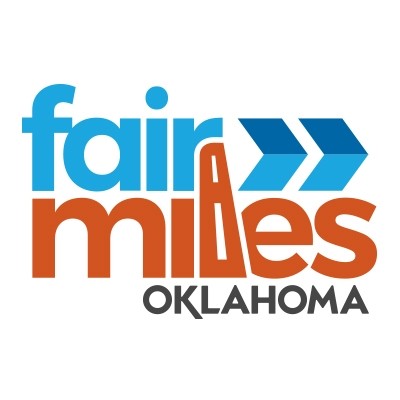

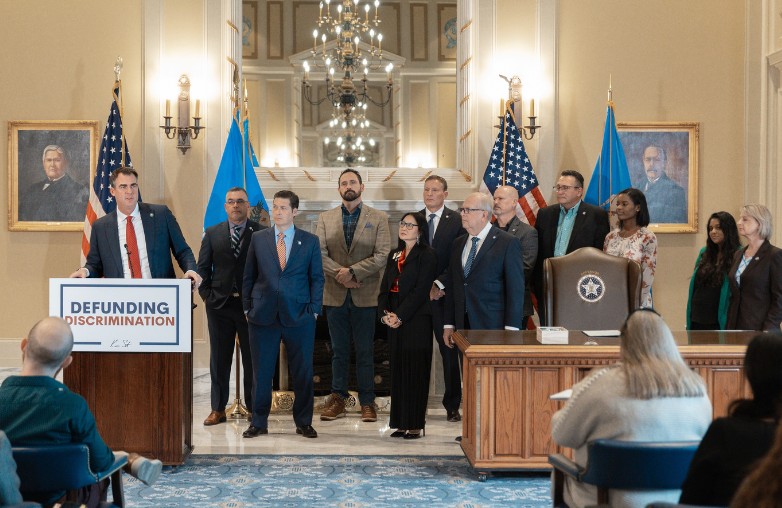
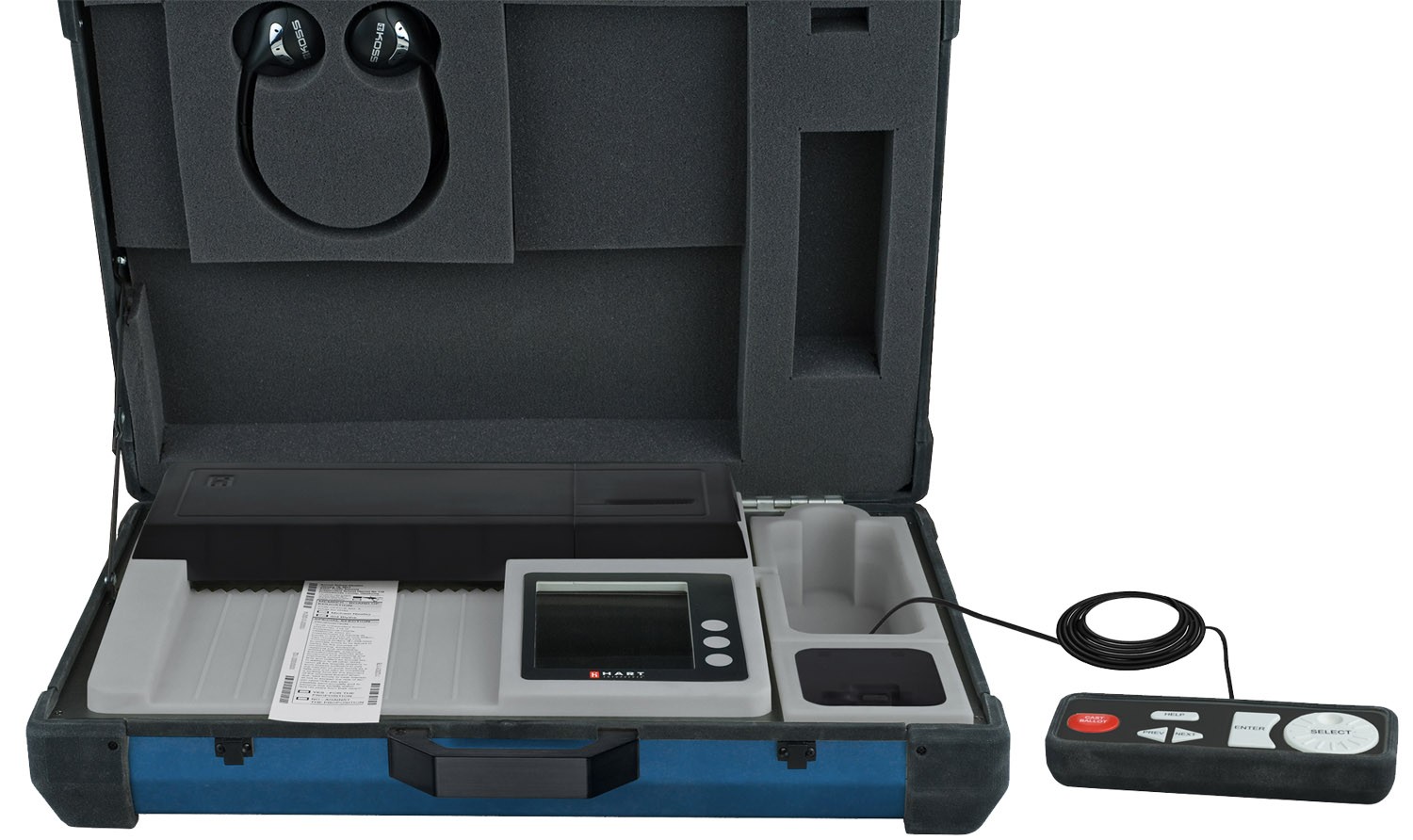
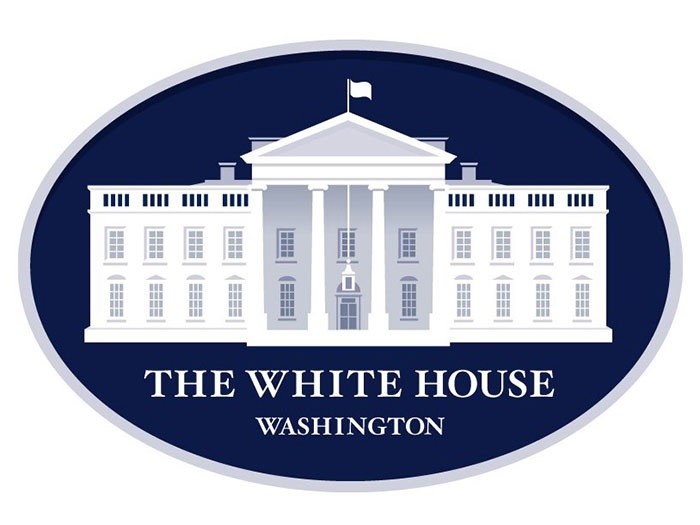
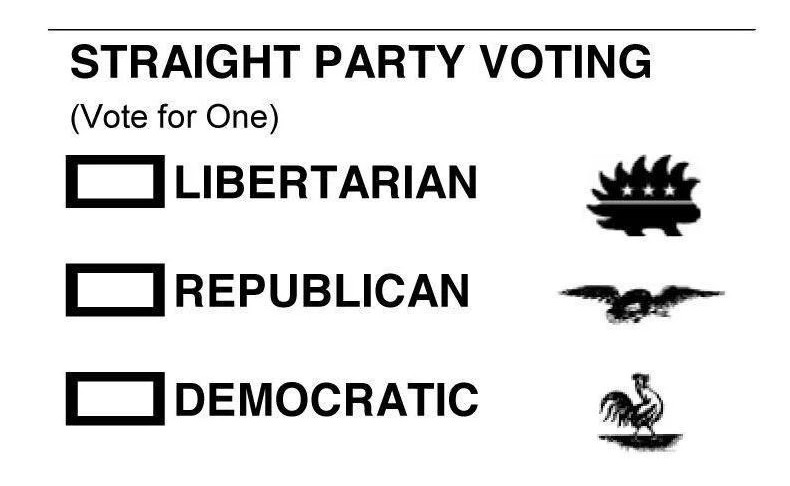
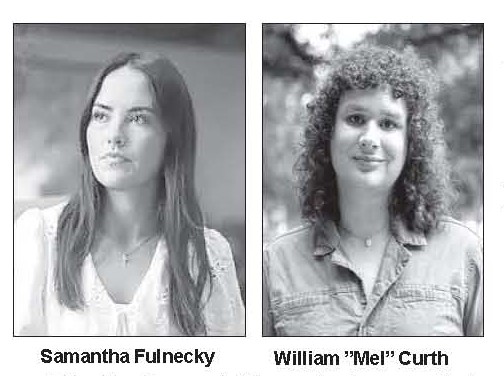


Latest Commentary
Saturday 31st of January 2026
Saturday 31st of January 2026
Saturday 31st of January 2026
Saturday 31st of January 2026
Saturday 31st of January 2026
Saturday 31st of January 2026
Saturday 31st of January 2026
Saturday 31st of January 2026
Saturday 31st of January 2026
Saturday 31st of January 2026
Saturday 31st of January 2026
Saturday 31st of January 2026
Saturday 31st of January 2026